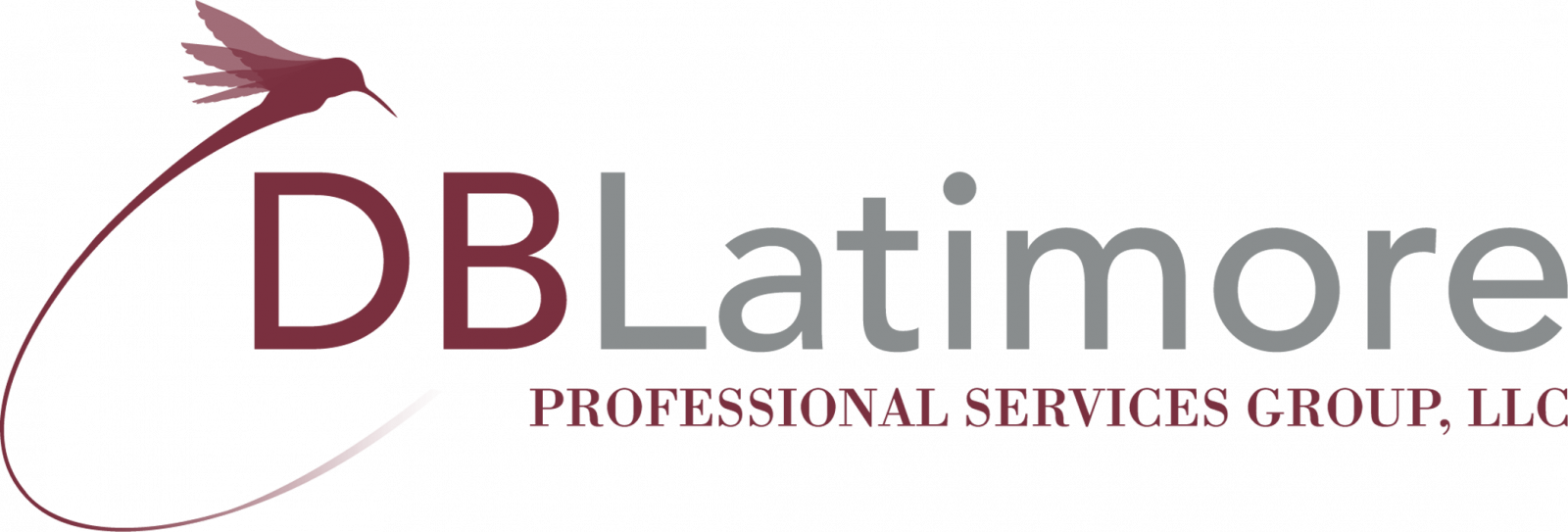One of the services offered at DB Latimore Professional Services Group, is assistance in developing a professional exit strategy. The ideal client for this service is someone at mid-late career, seeking to transition to a new professional endeavor or approaching retirement.
The call I received from an early career, i.e. millennial was a typical to the usual but in line with what we know: People don’t leave companies, they leave managers.
For this gentleman, he no longer trusted his leadership. Earlier in the week one of his colleagues, who was considered a rising star left the company. He had been with the company for five years and was regularly acknowledged for his contributions. The day after he left, his manager went on a “smear” campaign, saying things like – “he wasn’t that great”, “we are better off without him”, and “his new company will see right away that he is a fraud”. Throughout the week, everything that went wrong was attributed to his colleague.
He concluded by saying: “If he is doing that to him, imagine what he is saying about me – I cannot trust or follow his leadership.”
“We can build our leadership upon fear, obligation, or trust. However, only a foundation of trust results in the collaboration and goodwill necessary to achieve our peak performance.”
These words, from organizational design expert Roger Allen, could hardly be more succinct in expressing the central role that trust plays in building and leading high-performance organizations.
With the integrity of our business leaders under such a microscope these days, it’s valuable to take a moment for a refresher on trust in leadership. For integrity, though critical to trust, isn’t the only element of a trust-based management style. According to Seattle-based management expert Stephen Robbins, trust is based on four other distinct elements in your relationship with the people you lead:
- At first this may seem strange—after all, can’t incompetent people be trusted? Of course, but not if you want to lead. Leaders are held to a different standard, and part of what your team trusts is that you know what you’re doing. It comes with the territory.
- This is one of the most pragmatic elements of trust. If your team knows what you stand for, then they will believe that you will react in a predictable way to certain situations. Over time your consistently expressed values become the shared values of the team. Some charismatic leaders may purposely act unpredictably to “shake things up,” and they may well be wildly successful. But they won’t necessarily be trusted.
- To a certain extent, your team can only trust you to the degree you are committed to their success and well-being. Max De Pree, the legendary CEO of Herman Miller and champion of the “servant leader” concept, puts it this way: “The leader’s first job is to define reality. The last is to say thank you. In between the leader must become a servant and a debtor.” This servant/debtor relationship to your team is one that strongly conveys your loyalty to them.
- Trust is ultimately the characteristic of a relationship, and it is through its relationship with you that your team expresses its trust. Openness is a cornerstone of the ability to build these relationships. If your team can’t get to know you, then they probably can’t get to trust you, either. With openness comes the requirement for a certain vulnerability: In this arena, you will generally have to “go first” by reaching out and creating such relationships.
By investing in building and strengthening these qualities in your leadership, you will be steadily reinforcing your trust relationship with the people who work for you. Those relationships, in turn, become the foundation for building a high-performance organization, particularly in times of change and stress, when people tend to rely upon their personal relationships. If your team trusts you in good times, they are even more likely to stand with you when the times turn challenging.
On April 5th, we are presenting the 2018 Workforce Summit: Workforce Matters, where we will explore the hidden barriers to workforce productivity. We will explore topics on Unconscious Bias, Communicating in a Multi-generational workplace, Purposeful Engagement and Personal Accountability. The summit is for all people-focused business leaders, managers, and HR professionals, don’t miss the opportunity to engage and explore how to enhance your leadership capabilities. Visit our conference page at dblatimore.com/2018-workforce-summit/.



